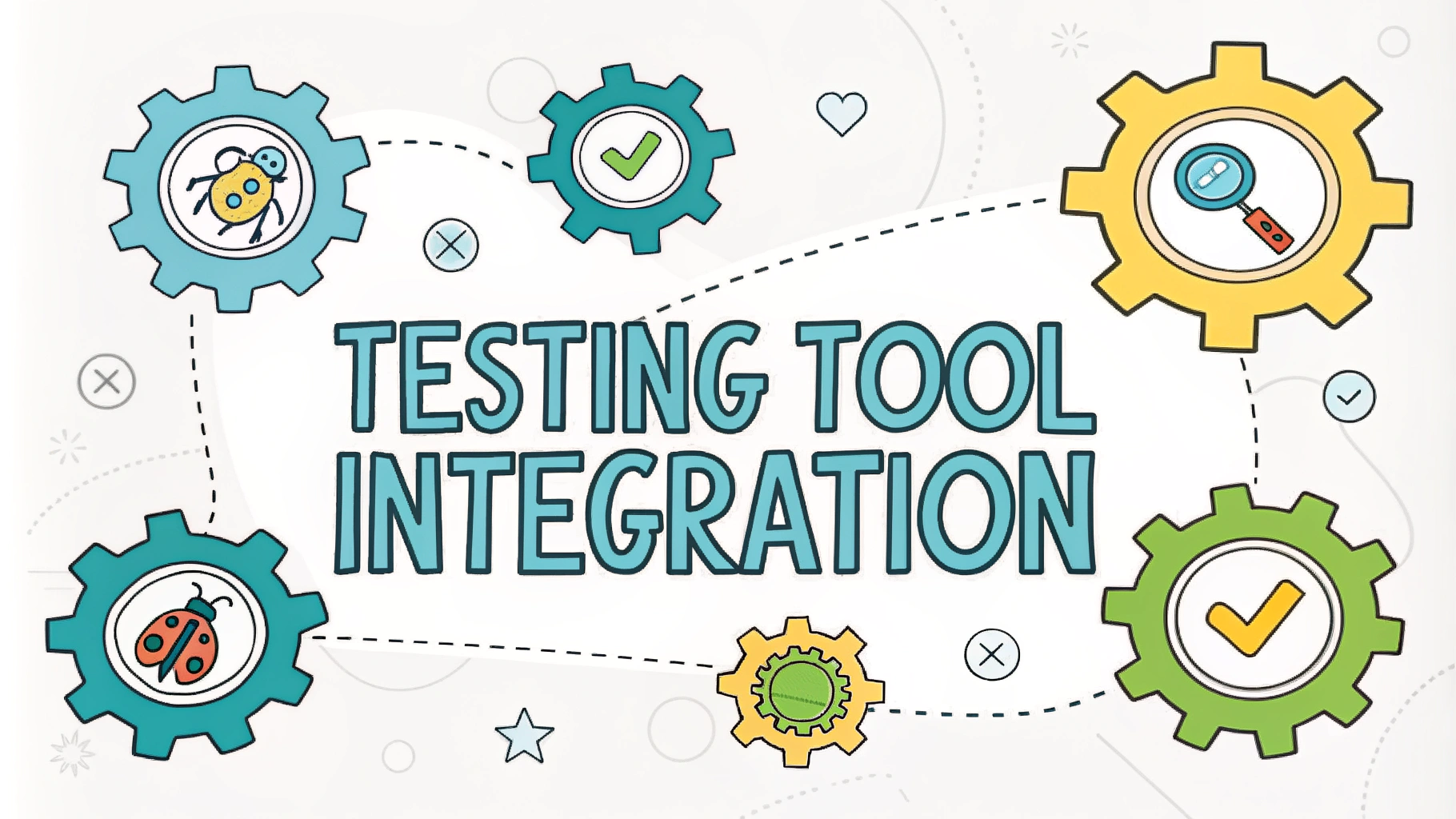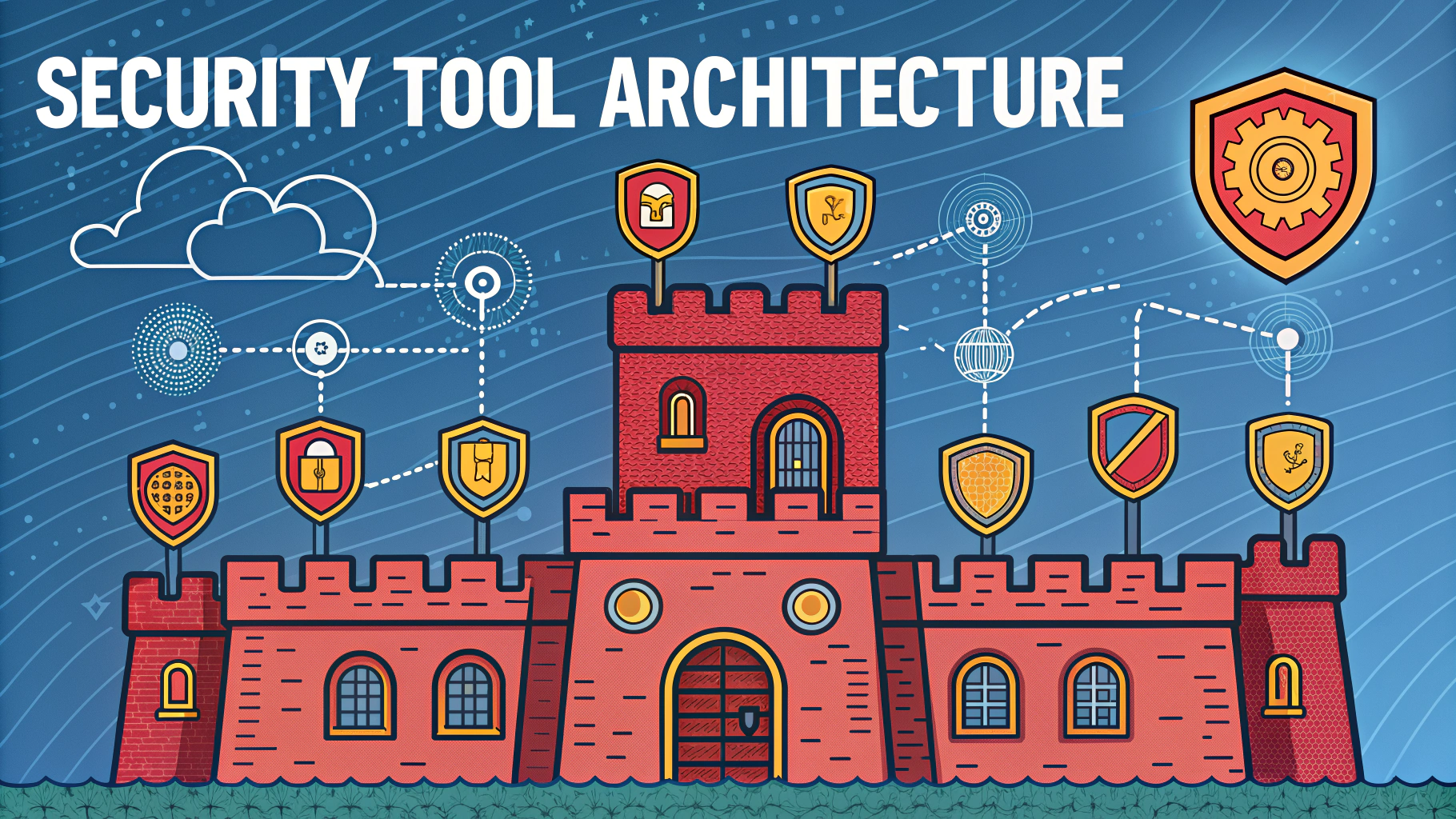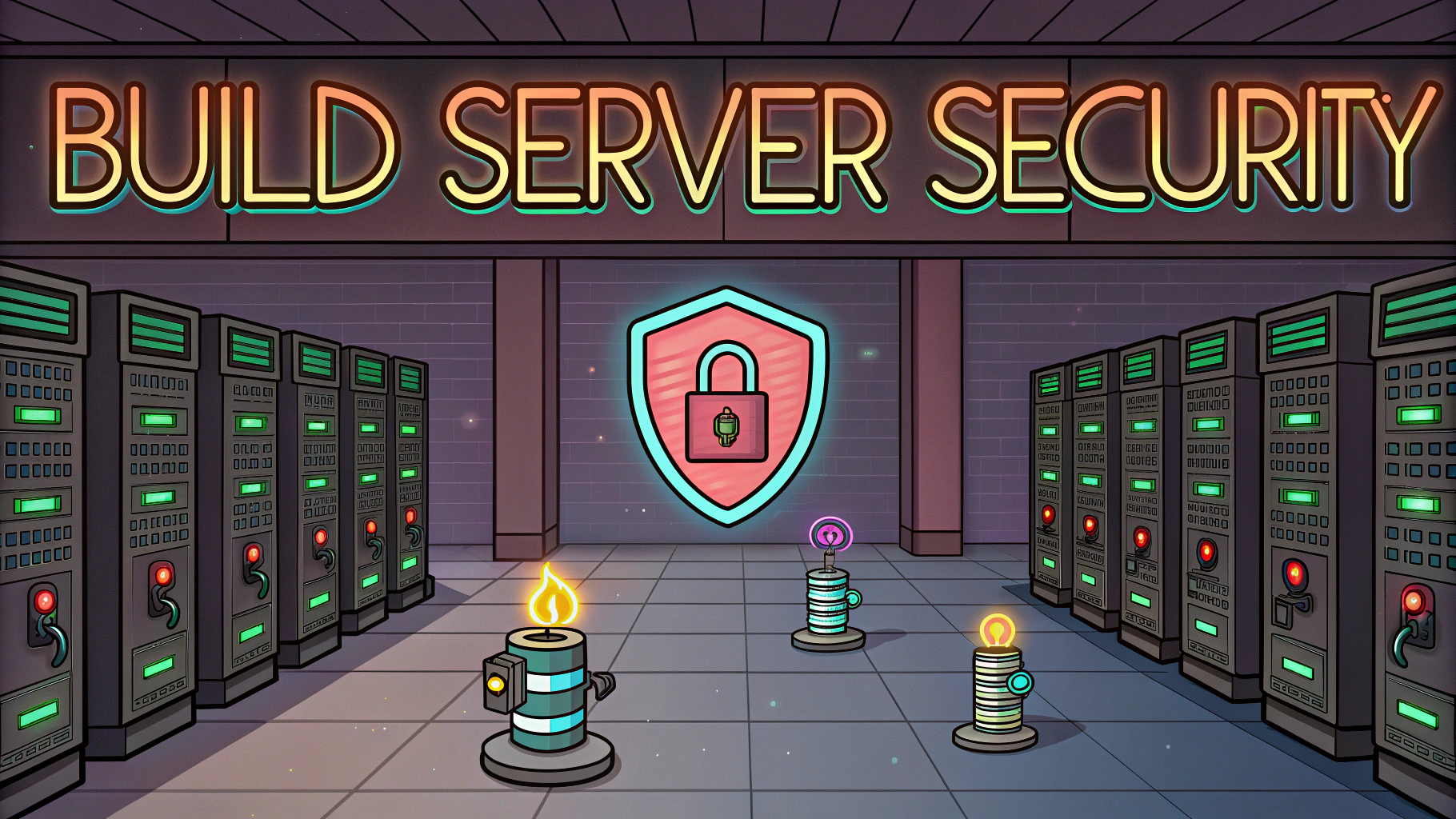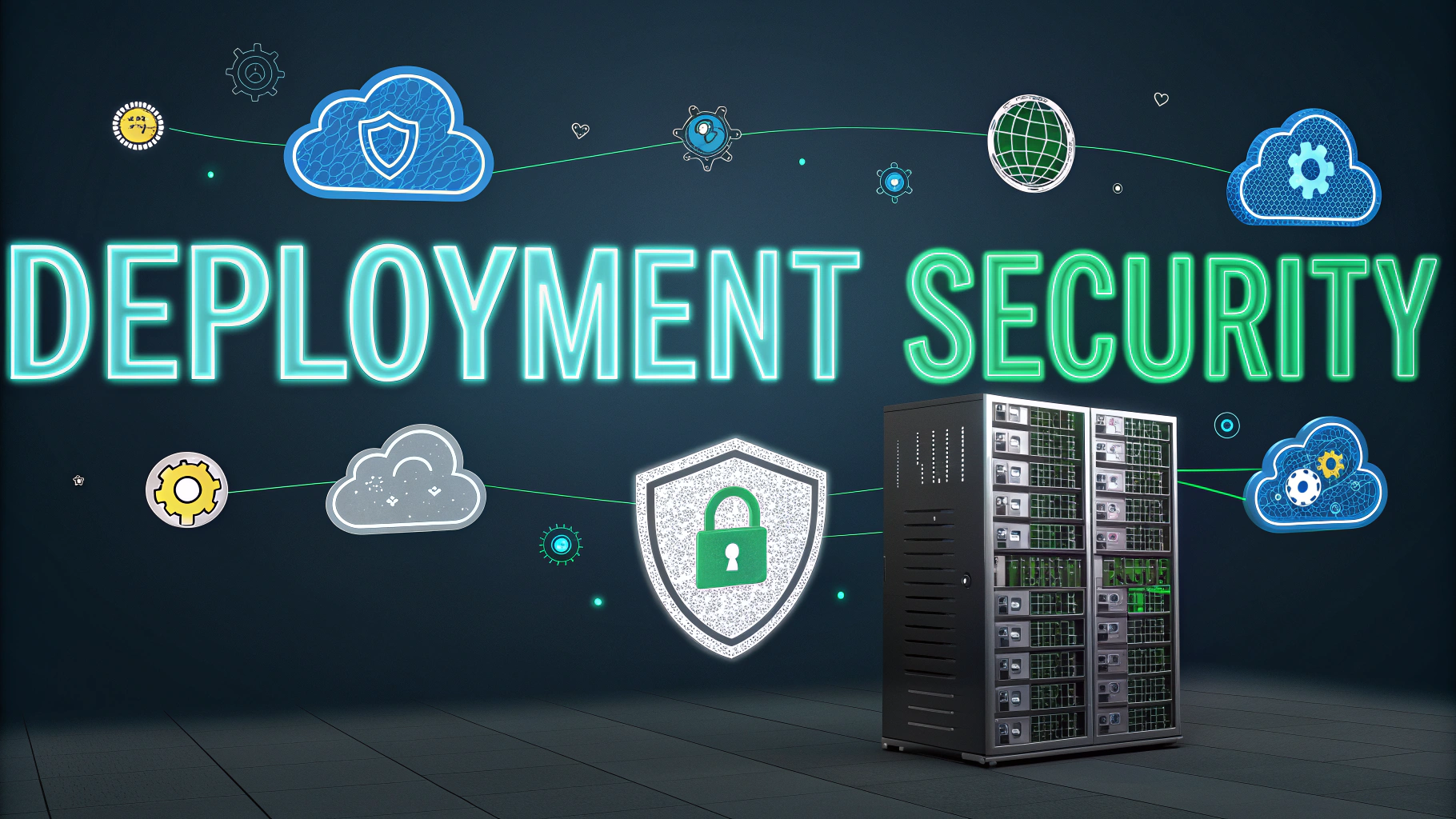CISSP certification opens valuable career opportunities in penetration testing and security assessment roles.
Security professionals who combine CISSP with hands-on penetration testing skills are increasingly sought after as organizations prioritize proactive security measures.
This quick guide explores how CISSP enhances penetration testing careers and creates paths to senior security positions.
Key Benefits for Penetration Testers
- Enhanced credibility when presenting findings to executive teams
- Broader understanding of security frameworks and compliance requirements
- Higher salary potential compared to non-certified professionals
- Access to senior security consultant positions
- Strong foundation for specialized certifications like OSCP
Salary Impact
| Position | Average Salary (CISSP) | Average Salary (Non-CISSP) |
|---|---|---|
| Senior Penetration Tester | $130,000 | $105,000 |
| Security Consultant | $145,000 | $115,000 |
Career Advancement Paths
- Security Manager
- Chief Information Security Officer (CISO)
- Principal Security Consultant
- Security Architecture Designer
- Information Security Director
Complementary Certifications
Consider these certifications alongside CISSP to strengthen your penetration testing profile:
- OSCP (Offensive Security Certified Professional)
- CEH (Certified Ethical Hacker)
- GPEN (GIAC Penetration Tester)
- CompTIA PenTest+
Industry Recognition
Major security consulting firms like Accenture, Deloitte, and IBM consistently prefer CISSP-certified penetration testers for senior roles.
Required Experience
- 5 years of paid work experience in information security
- Experience in at least 2 of the 8 CISSP domains
- Endorsement from a current CISSP holder
Next Steps for Success
Contact (ISC)² at www.isc2.org or +1-866-331-4722 to begin your CISSP certification journey.
Resources and Study Materials
- Official (ISC)² CISSP Study Guide
- CISSP All-in-One Exam Guide by Shon Harris
- Official CISSP Practice Tests
- CISSP LinkedIn study groups
Building Your Future in Security
Start your CISSP preparation while continuing to develop practical penetration testing skills through hands-on experience and lab work.
Exam Preparation Strategies
- Dedicate 3-6 months of study time
- Join online CISSP study communities
- Take practice exams regularly
- Focus on understanding concepts rather than memorization
- Create a structured study schedule
Common Career Challenges
Many penetration testers face obstacles transitioning to management roles. CISSP certification helps bridge this gap by providing:
- Business communication skills
- Risk management expertise
- Strategic security planning abilities
- Enterprise security architecture knowledge
Industry Demand Trends
| Year | CISSP Job Postings | Growth Rate |
|---|---|---|
| 2021 | 25,000 | 15% |
| 2022 | 32,000 | 28% |
| 2023 | 42,000 | 31% |
Professional Development Investment
- Exam cost: $749
- Study materials: $300-500
- Training bootcamps: $2,000-4,000 (optional)
- Annual maintenance fee: $125
Elevating Your Security Career
CISSP certification, combined with practical penetration testing experience, positions professionals for leadership roles in information security. Focus on maintaining technical skills while developing management capabilities to maximize career growth potential.
- Maintain active participation in security communities
- Keep current with emerging threats and technologies
- Build a professional network within the security industry
- Document and share your expertise through presentations or publications
FAQs
- How does CISSP certification benefit a career in penetration testing?
CISSP certification demonstrates comprehensive security knowledge and enhances credibility in penetration testing roles by validating understanding of security architecture, risk management, and secure development practices. - Is CISSP certification required for penetration testing jobs?
While not strictly required, CISSP is highly valued by employers and often preferred for senior penetration testing positions, especially in large organizations and government contracts. - How does CISSP salary compare to standard penetration testing salaries?
CISSP-certified penetration testers typically earn 15-25% more than non-certified peers, with average salaries ranging from $110,000 to $160,000 depending on location and experience. - Can CISSP help in transitioning from general IT to penetration testing?
Yes, CISSP provides a strong security foundation that helps professionals transition into penetration testing by demonstrating security expertise and commitment to the field. - What specific penetration testing roles value CISSP certification?
Security consultants, senior penetration testers, red team leaders, and security architects particularly value CISSP certification due to its comprehensive security management focus. - Does CISSP complement other penetration testing certifications?
Yes, CISSP complements technical certifications like CEH, OSCP, and GPEN by adding management-level security knowledge and broader security context to technical skills. - How does CISSP enhance penetration testing methodology?
CISSP knowledge improves penetration testing methodology through better understanding of risk assessment, security controls, and business impact analysis, leading to more comprehensive testing approaches. - What career advancement opportunities does CISSP offer in penetration testing?
CISSP certification can lead to advancement into roles such as Security Manager, Information Security Director, or Chief Information Security Officer (CISO), while maintaining penetration testing expertise. - How does CISSP help with client communication in penetration testing?
CISSP training enhances communication skills with executives and stakeholders by providing a business-focused security perspective and risk management framework. - What government opportunities open up with CISSP in penetration testing?
CISSP meets DoD 8570 requirements and enables access to government penetration testing positions, federal contracts, and classified project opportunities.







